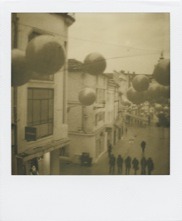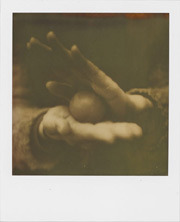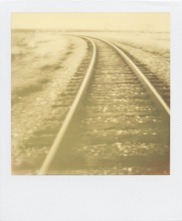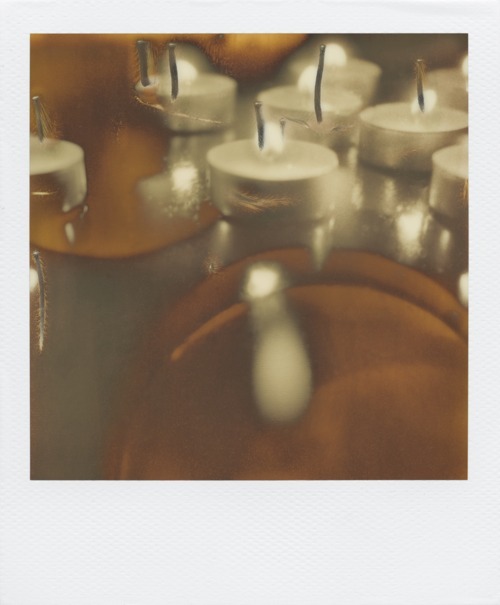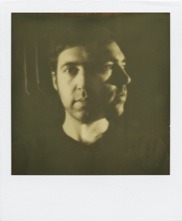Until yesterday, my cynical rant of choice was centred on the utter futility of the student protests. Swinging from a cenotaph, like George of the liberal jungle, Charlie Gilmour promoted no feelings of swelling pride and rebellion in my young (yet hardened) soul. Quite the opposite: feelings of hostility and resentment radiated in Mr Gilmour’s direction. This boy clearly needs to get a grip. His Dad is in Pink Floyd. The difference between £3000 and £9000 to Mr Gilmour, equates to the difference between buying Tesco’s grapes or Sainsbury’s grapes to the average pleb of a student (10p more at Sainsbury’s- take note). ‘Tis but a drop in his vast ocean of wealth. Not to mention the undeniable fact that his well placed laced booties and artsy scarf flying in the wind smelt a bit TOO much of forward planning.
But yesterday, some other infuriatingly self-indulgent movement flew past Gilmour and Co. in the race to get my proverbial goat. That oft-ridiculed, oft-infuriating community affectionately known as ‘hipsters’. And not just any hipsters. Not even the local Hackney branch, where I frequently deposit my derision. Oh no, this stemmed from the Mothership…. Williamsburg. The Mecca of hipsters worldwide, hipster Nirvana, where hip was conceived, nurtured and monitored with an iron rod of nonchalance.
For once, the hipsters have stirred from their permanent state of indifference. You may wonder what could possibly rouse a hipster from their favourite preoccupation. Well, the only thing feasibly on par with lackadaisical artistry and tactical indifference of course- anti capitalism.
Perhaps more infuriatingly than the students of Britain, the hipsters are not protesting FOR anything concrete, they are just merely OPPOSED. It gives the poor dears something to do besides riding their fixie bikes and drinking over-priced Guatamalan coffee. The focus of their opposition? A Duane Reade drug store. In New York, Duane Reade is the British equivalent of Boots, and heaven forbid beastly mainstream pharmaceuticals might tarnish Williamsburg’s chain-less high street.
Don’t get me wrong, I love independent shops as much as the next person. Give me deepest Shoxton over the generic West End any day. But what is truly futile, and most definitely obnoxious, is exercising active hatred towards any shop that dares to have a twin. Or Lord help them, triplets or more. Yes Starbucks is an over-priced, soulless establishment that eats retail space for breakfast. But it serves its purpose. Make love, not war. Have a Starbucks muffin. No one will die.
But the nail in my coffin of hatred has got to be the hipster’s notion that Duane Reade will somehow be instrumental in the death of their happy little community. Community, dear hipsters, is not geography. Your like-minded collective will exist regardless of how many capitalist-friendly shops open on that one street, in that one district, in that one city. Boho-central used to be Soho, it used to be Greenwich village, it used to be Tribeca. But artistic communities are by their very nature wandering, gypsy like, transient. The last thing you would want Williamsburg to become is some sort of museum to hipster-isms.
I doubt, somehow, that when the hipsters moved in to Willaimsburg, unceremoniously out-bidding the Polish communities and Jewish communities that once called it home, that there was a similar level of petulant fuss. Get real, Williamsburg. Move on. Surely one of your most hallowed mantras centres around being a step ahead of the game? Knowing what’s going to be cool next, rather than now? Well find it, piss off and live in it. Either that, or get a prescription for anti-depressants from Duane Reade.
[charlotte skeoch]


